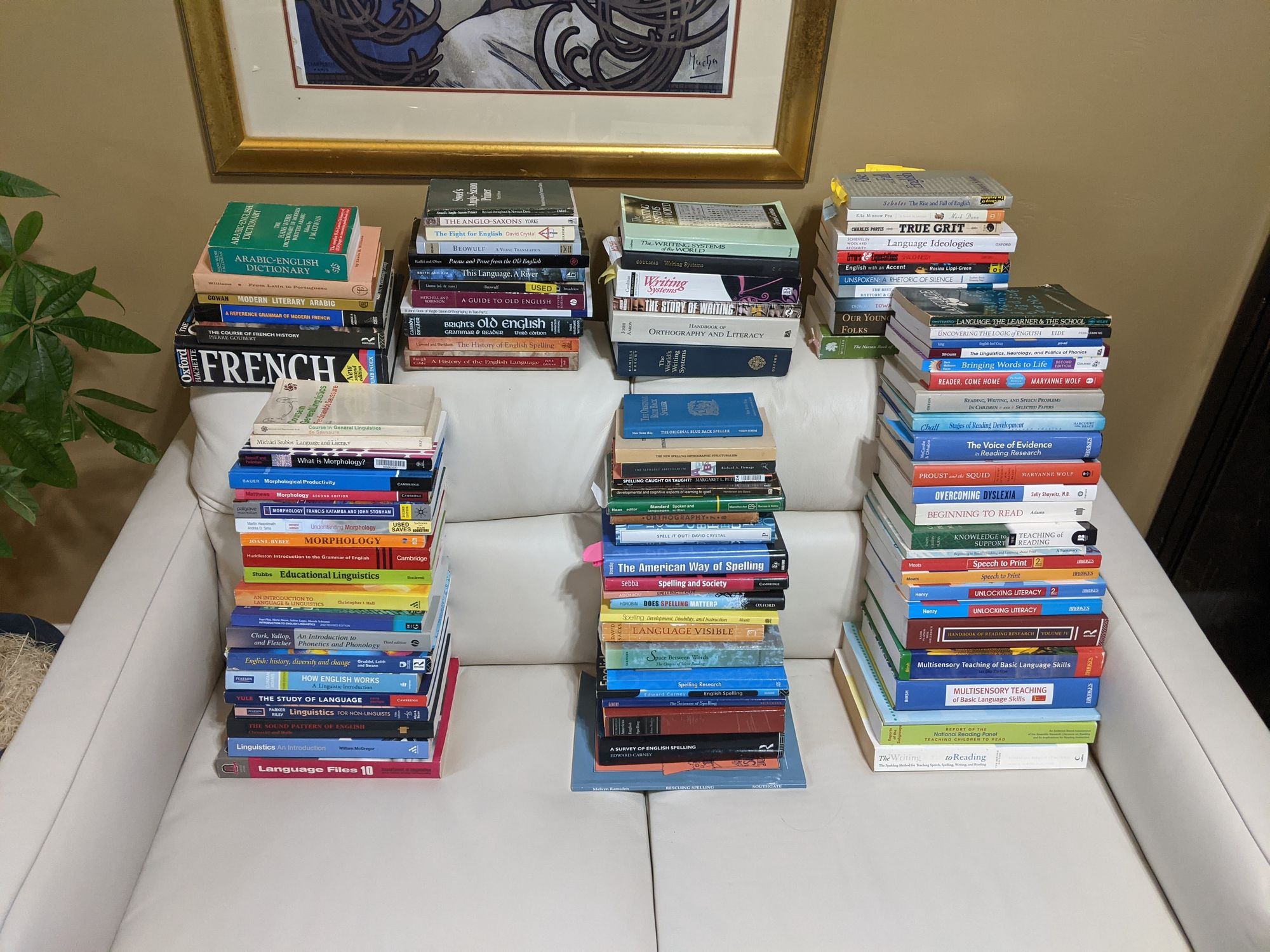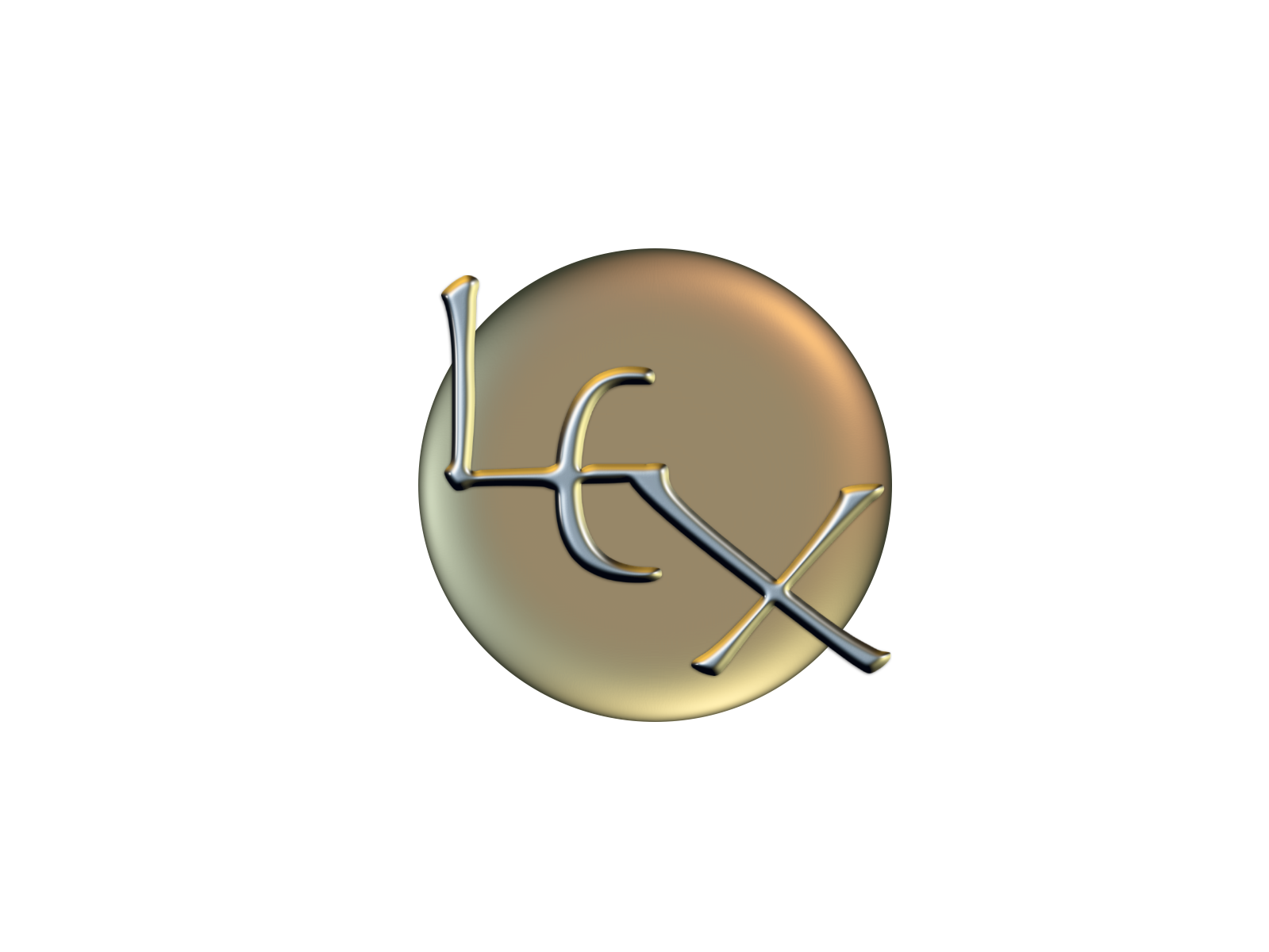
After nine years of working on my dissertation and a total of 13 years in my Ph.D. program, I finally handed in a completed dissertation – all 8 chapters and 200+ pages of it – to my director this summer. I pressed send at 9:50 Pacific Daylight time on Monday, July 4th, Independence Day in the U.S.
The word < in + de + pend + ence > denotes 'not hanging down from,' or, more colloquially, 'not hanging onto,' 'not weighing on,' and 'not derivative of.'
It's been a very difficult, very long road since I started this Ph.D. program in 2009, and it's the second Ph.D. program I've started. I left the first one in 1994 with a Master's Degree because I was terribly unhappy at the University of Chicago, even though I was a Century Fellow, learning so much and being challenged and getting straight As. I will never forget the look on my dad's face when I told him that I was withdrawing from the Ph.D. program after my Master's graduation. I would've been the first person in my family to earn a Ph.D.
I never planned to go back to grad school once I left. I started teaching reading and traveling a lot. I got married, earned all my dyslexia certifications, had a son, homeschooled him, moved from the city to the sticks. I helped run a small fruit farm and a dyslexia center, I volunteered, and I went on a lot of hikes down our back acres with my kid. Life was full.
But in November of 2008, one of my dyslexia trainers, Marcia Henry, put me in touch with a two men – one in France and one in Canada – who had a really compelling way of understanding and representing spelling, with word sums and word matrices. I began corresponding with them, and their understanding made sense to me as a linguist. I knew I wanted to dedicate time and work to developing my own understanding, so I took the GRE for the second time in 20 years and enrolled in grad school...again.
In the spring and summer of 2009, respectively, I traveled to both France and Canada to study with both men, dragging a dozen colleagues with me in the process. I learned and studied and told everyone I could tell about this understanding. I have, since then, taken two additional trips to France, and have dragged colleagues along with me on both of those trips too.
At the time we met, the man in Canada was working on his own Ph.D. and traveling around the world to deliver professional development to teachers. He had already completed his Master's degree with research piloting a teaching approach based on this incredible, clear understanding. The man in France was older, originally from England, a former school teacher and headmaster who had been working and teaching independently for several years. Here's how I wrote about him in an essay for one of my graduate courses: "An independent researcher with a doctorate in linguistics from Cambridge University and an understanding of orthography unprecedented, I am confident, since the dawn of writing, [he] no longer travels, but offers access to his supernova of a brain through residential study weeks at his home in France." I sent a copy of that essay to the old man himself, and to another spelling colleague. They both read it and loved it. The only thing the old man asked me to change in case of publication was his name. He requested to be anonymized.
I have subsequently written millions of words about studying spelling, including with both men, mostly on my archival blog. I have pointed thousands of people to their work. I'd be lying if I said that I owed them nothing for my understanding of English spelling and how to study it.
But I'm publicly declaring my own Independence today.
The photo at the top of this article shows 100 books that I consulted during the last few months of writing my dissertation, in stacks on the loveseat in my office, as I reorganize post-diss. Most, but not all, are actually in my Works Cited. This display doesn't include several books I have on Kindle, any of the motion pictures or poems I analyzed, any of the books I've checked out of libraries and returned, or any of the books or articles I have only in PDF format, including the works of Geoffrey Chaucer, in Middle English. There are six books on morphology alone. The three tall stacks on the loveseat feature linguistics books, orthography books, and literacy education books, from left to right. The four short stacks up top include foreign language books, Old English / Anglo-Saxon books, more orthography books, and books with stories and rhetorical studies.
At the very bottom of the middle tall stack is a book called Rescuing Spelling, by the guy from France. It's out of print now and pretty much impossible to come by. I do cite that book in my dissertation, along with one film attributed to him and his late spouse. I cite five or six articles by the Canadian, including one that we co-wrote. But in the grand scheme of things, when you stack one small book, a short video, and a handful of articles up against everything else I've learned from over the past 14 years, my own understanding is clearly more than the sum of just one French and one Canadian part.
I have spent countless hours tracking down original sources for commonly held beliefs about spelling – false ones, like "<i> before <e> except after <c>," and true ones, like a writing system is "human thought made visible as text." If you ask the Frenchman, he will say that he invented nothing, and indeed, I traced the origins of the word sum back through linguistic theory and practice, and I tracked down a copy of the Medieval Semitic text that inspired the word matrix. But I also tracked down a lot of other information. Quotations. Linguistic information. Misapprehensions. Received wisdom. The work is painstaking, exhausting, and exhilarating.
I really learned to do that kind of work at the University of Chicago, but it's much easier with an Internet than it was in the early 1990s. I have, in recent days, reminisced on Facebook about some of the professors I had there. Some of them are famous. I am two handshakes away from Noam Chomsky and Morris Halle and Steven Pinker. Some of them were mean. Some of them I still consider friends. But even at Illinois State University, I've received a world class education, most notably in grammar, the history of English, and Old and Middle English, with the authors of truly peerless articles and textbooks on the subjects. Anyone who's taken my Not Angles But Angels course knows what I mean. My linguistics pedigree is as pure as my Orton-Gillingham pedigree. So while I deeply appreciate that the Frenchman and the Canadian pointed me to a fork in the road back in 2008, the work I have done since then is entirely my own. It is informed by a broad set of actual courses where I was accountable, graded, tested, and required to perform. If you asked either man about it, they'd both be quick to say, "Of course your work is your own, and we appreciate it," or something similarly gracious and true. But the rest of the world doesn't always acknowledge that so readily, and often holds one or the other of them over my head insome way.
"Well CaNAdian guy says X," they offer me as though it's evidence of X. Or "But FRENCH guy does it this way," they may lament, although they can clearly observe that we are two different people. That's been going on for years.
But it's not just that. It's deeper, and worse. It's the big word study group administrators and online teachers on Facebook who refer to the Frenchman reverentially. Who refer to him not only as a "Cambridge-educated linguist," but also as "our leader" and as "the one who taught me about scholarship" and other equally lofty, pie-eyed monikers. I myself have been accused in the past of belonging to a "cult" because the "scholarly community" around these two men, and by extension, to me, can skew a little true-believery. I understand why, to an outsider, things seem cultish. This group tends to appeal to especially the Frenchman's authority rather than providing linguistic evidence, largely because they're not linguists.
So who cares? Why am I writing this Declaration of Independence?
Well, anyone with a little knowledge, a Google, and two working thumbs can probably come up with at least one solid hypothesis, I suppose, and you probably wouldn't be wrong. I haven't heard from the old man in a couple of years, ever since he mistakenly sent me a bizarre email clearly intended for someone else, in which he misspelled my name and said some rotten things in reference to me, which I will keep private. I've tried asking him some difficult questions, and he has not responded at all. His handlers have deliberately kept me buffered from him, or him from me, and his friends and family members insist to me that he's just old, and infirm, and I should not ask difficult questions. The guy who will talk to me mostly defends the one who won't. Lest you think that's difficult for you to read, please remember that I didn't just take some online classes with these men; I took my own son to France, twice. I officiated at the Frenchman's civil marriage, and I met both of their families. I have broken bread at their tables and slept in their homes, and one of them has done so in mine. They offered support during my divorce and relocation, and I offered support through their personal trials and losses. We were friends. We are still closely associated in the minds of many.
But, with a tip of the hat to Thomas Jefferson, when in the course of human events, it becomes necessary for one person to dissolve the bands which have connected them with another, and to assume the separate and equal station to which the Laws of Nature and of Nature's God entitle them, a decent respect to the opinions of humankind requires that they should declare the causes which impel them to the separation.
Here they are.
